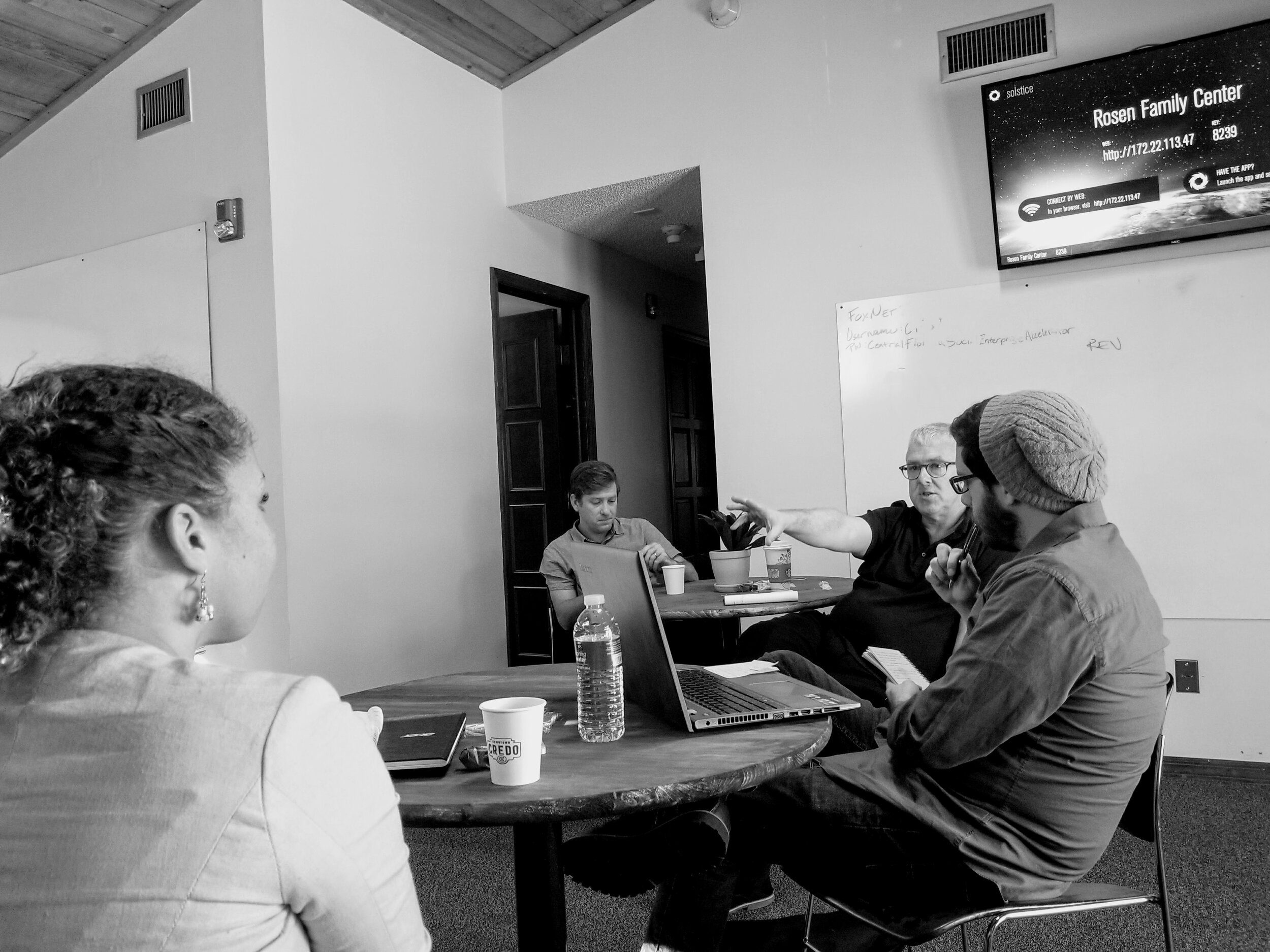
Resources For Early-Stage Social Entrepreneurs
Welcome to our resource page. The primary goal of Rally is to help passionate entrepreneurs, like yourself, transform their early-stage work into sustainable ventures that create positive social change. The resources provided below will assist you in navigating towards that goal.
Unique Value Proposition Guide
The Unique Value Proposition Guide is a practical tool designed to help early-stage startups clearly articulate the unique benefits their product or service offers. This guide emphasizes the importance of crafting a UVP that differentiates your venture, attracts customers and donors, and provides focus for your team. The guide outlines key elements of an effective UVP—clarity, results, and differentiation—while cautioning against hype and jargon. It includes a simple fill-in-the-blank template and example to help founders frame their value proposition in a concise, compelling way. For startups, this guide is especially valuable for refining messaging, aligning internal strategy, building credibility with investors, and accelerating early traction in the market.
Social Lean Canvas
The social lean canvas is an adaptation of the lean business model canvas developed for social ventures. It forces social entrepreneurs to address the major areas of their business model on one page while keeping their social mission paramount. It’s intended to be a living document that forces timely questions as strategies change. Additionally, each section of the canvas is numbered. We highly recommend that you address the sections in sequential order because they build on top of each other.
Theory Of Change
The Theory of Change (TOC) Canvas is like a roadmap that outlines both the impact goals that a social entrepreneur wants to achieve and the strategy they plan to use to achieve them (see the template on the following page). The TOC will help you articulate social change efforts by clarifying:
Intentions – why are you doing what you are doing.
Expected outcomes – what do you expect will happen as a result of your actions.
Shows the pathways and interventions necessary to reach intended results.
The TOC Canvas will challenge you to prove the efficacy of your approach to affect the change you want to see in the world. A helpful TOC is supported with academic research to validate the strategy being advocated by you to move from Current to Desired state. It also, then, identifies the key indicators that ought to be measured by the enterprise. In this way the TOC brings discipline and alignment to practice; ensuring logical coherence to your work and expected results. We ask that you bring a completed TOC canvas to the first rally. During this time, we will use it to evaluate where risk, assumptions and blind spots exist in your social model.
Customer Persona
Customer personas can provide tremendous value and insight to your venture. For example, it will help you:
Develop a deeper understanding of customer needs and how to solve for them.
Guide product development by creating features that help them achieve their desired outcomes.
Prioritize which projects, campaigns, and initiatives to invest time and resources in.
Create alignment across the organization and rally other teams around a customer-centric vision.
And as a result, you’ll be better equipped to serve your customers and deliver a superior experience that keeps your customer coming back for more. But if you don’t nail down your customer personas, every aspect of your product development process, user experience, and marketing campaigns, will suffer.
Beneficiary Empathy Map - Discovery Tool
The Empathy Map is a tool used in human-centered design to help social entrepreneurs better understand their beneficiaries - the people they aim to serve. This adapted version guides you in uncovering what your beneficiaries say, think, do, and feel, along with their pains and aspirations.
Founder’s Talks
Founder’s Talks are one-on-one fireside chats with thought leaders, academics, top executives, investors, and founders. During these one-hour discussions, our guest give their unique insights on impact, social issues, scaling, gaining customers, raising capital, building a brand, and much more.
Experiment Guide - Validating Your UVP & Offering
The document “7 Steps to Validating Your Unique Value Proposition” is a practical guide for entrepreneurs to test whether their business idea truly resonates with their target audience before launching. It outlines a step-by-step process: defining a clear hypothesis about the value being offered, identifying key assumptions (such as customer desire and willingness to pay), selecting suitable testing methods (like landing pages or ad campaigns), running experiments, collecting both quantitative and qualitative data, analyzing the results, refining based on feedback, and finally deciding whether to scale the idea or pivot. The guide emphasizes quick, low-cost tests and includes an example using a coworking space for freelancers to illustrate the approach.
